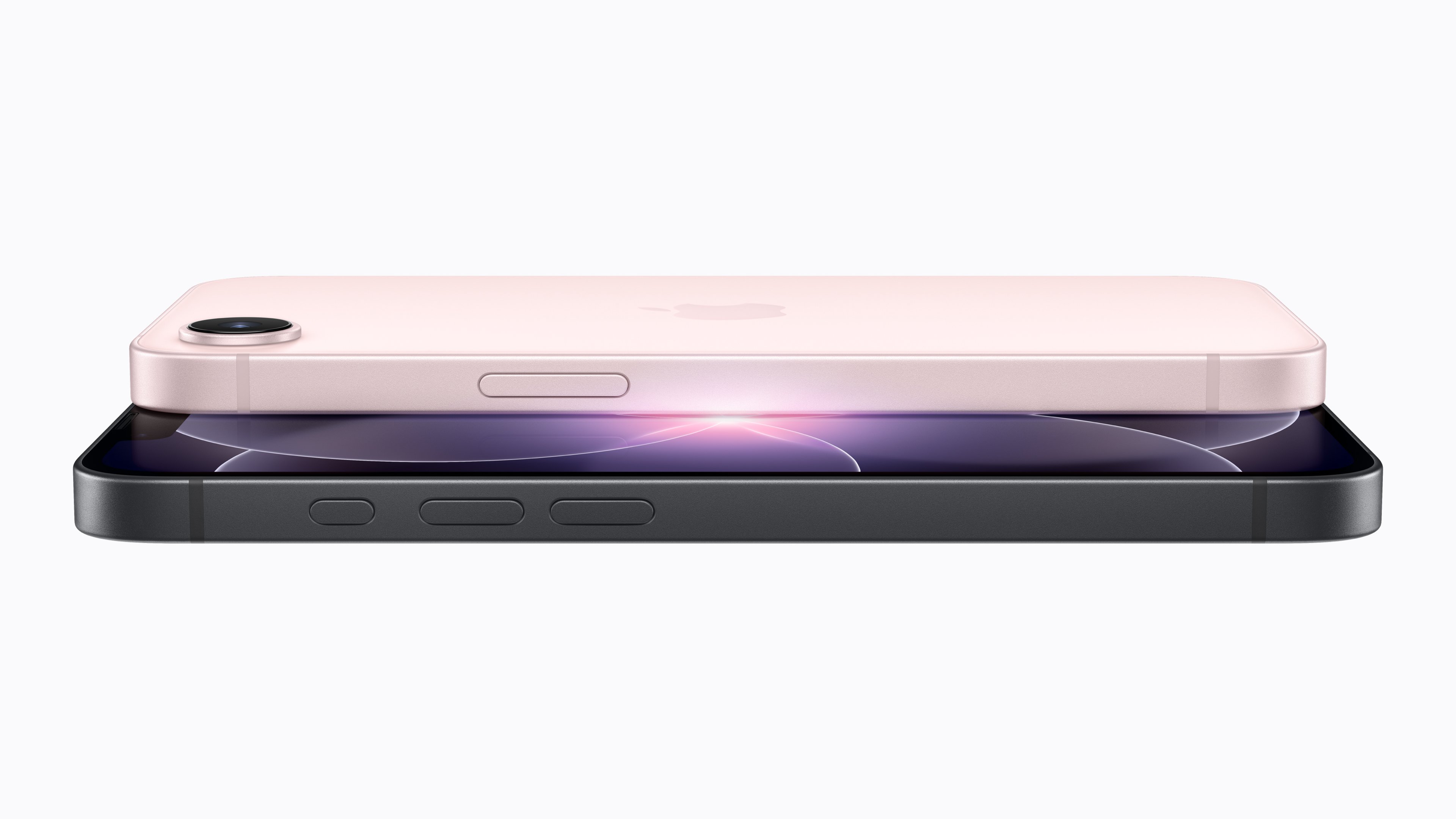Over the last few years, chip giant Intel's (INTC 0.11%) cellular modem business has blossomed thanks to wins inside of Apple's (AAPL +0.33%) iPhone family of smartphones. Intel modems can be found inside of some of Apple's iPhone 7-series, 8-series, and even iPhone X smartphones.
Intel isn't the exclusive supplier of modems to Apple for these products, as it shares this business with rival modem maker Qualcomm (QCOM 0.86%). However, according to generally reliable KGI Securities analyst Ming-Chi Kuo as well as Instinet analyst Romit Shah, Intel will, in fact, be the only supplier of cellular modems in Apple's upcoming trio of iPhones.

Image source: Intel.
If these analysts are correct, then Intel should be set to see another big bump in its cellular modem revenue during the upcoming iPhone product cycle.
Although Intel appears to have won the entirety of the modem orders for the 2018 iPhone models, things are probably still up in the air as far as Intel's modem allocation in the 2019 iPhone lineup.
Indeed, since Intel's cellular modem business relies almost entirely on sales to Apple, the success that Intel is expected to have in the 2018 iPhone models may prove to be a headwind for the chip giant in 2019.
Losing share to Qualcomm would hurt
If Intel goes from having 100% share of Apple's iPhone modem orders in 2018 to some figure substantially less than 100% in 2019, then Intel's cellular modem business is likely to suffer from a commensurate year-over-year decline.
Moreover, Intel's modem business can't easily offset any modem revenue lost to Qualcomm because Apple is the only major smartphone manufacturer that incorporates stand-alone cellular modems in its smartphones and Intel doesn't build integrated modem and applications processor parts to sell to other smartphone makers.

Image source: Apple.
Intel will, of course, talk about the opportunities it sees to sell modems into other markets like the Internet of Things and always-connected PCs, but the reality is that the opportunities there are minuscule compared to the Apple iPhone opportunity.
So, Intel now faces significant pressure to continue to build products that meet Apple's requirements and to price them aggressively so that Apple doesn't move a large portion of its orders back to Qualcomm, tanking Intel's modem revenue in the process.
Intel's long-term options
Ultimately, I see two long-term options for Intel. The first would be to try to continue to bet the entirety of its cellular modem efforts on iPhone design wins. The second would be to try to dramatically expand its total addressable market in smartphones by bringing its modem technology to integrated applications processor and modem products.
The former option makes sense if Intel wants to keep a lid on its investments in new products and initiatives to maximize near-term profitability, but it's risky over the long term. If Intel loses significant iPhone modem share to Qualcomm, or if Apple builds its own cellular modems for integration into its applications processors, then Intel's modem revenue could drop quickly and never recover.
The latter option makes sense if Intel wants to ensure that its cellular modem development efforts remain financially viable even if Apple ultimately designs Intel completely out of future iPhones. This option requires substantially more investment today (which hurts near-term profitability), but could pay off significantly in the future.





